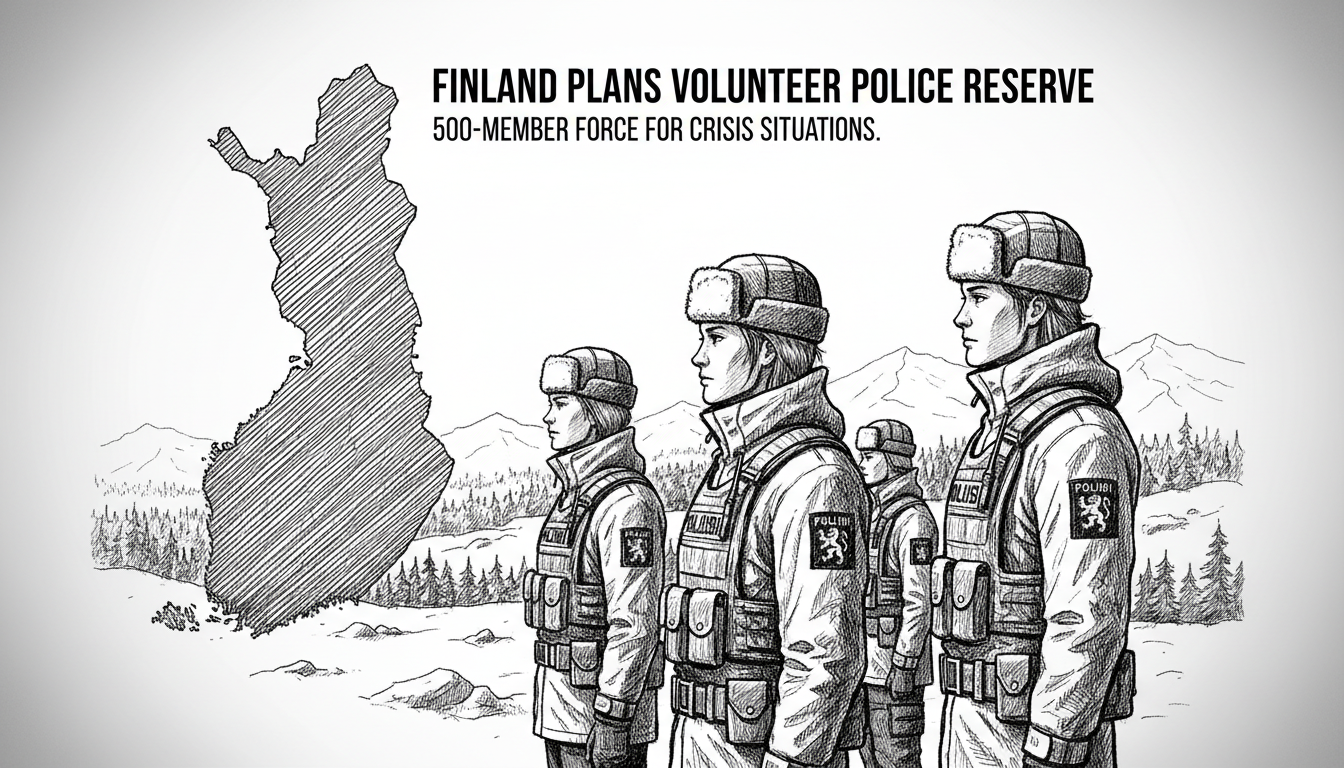Finland's Interior Ministry has proposed creating a volunteer police reserve of 400-500 members. This reserve would strengthen law enforcement capabilities during serious disturbances and emergency situations. The proposal entered a consultation phase this week and will undergo review until December.
The reserve would consist of police students at specific stages of their training and individuals who have completed police education but no longer work as officers. Retired police personnel and those who moved to other professions could join this voluntary force. Members would only be assigned tasks matching their specific training and qualifications.
Finland maintains one of Europe's most trusted police forces, but authorities seek additional capacity for extraordinary circumstances. The country's geographic position and security environment have prompted reassessment of emergency preparedness resources. This initiative reflects broader Nordic trends toward enhancing civilian response capabilities.
The activation threshold for this reserve would remain high. Only Finland's interior minister could authorize deployment. Officials emphasize this measure addresses serious public disturbances, exceptional circumstances, and national defense situations.
Police resources face particular strain during large-scale public events, natural disasters, and complex security threats. The volunteer reserve could provide specialized skills and additional personnel during prolonged operations. Many European countries maintain similar auxiliary police systems, though Finland's approach emphasizes professional standards and voluntary participation.
Nordic countries traditionally balance strong social trust with practical security preparations. Finland's proposal maintains this approach while acknowledging evolving security needs. The voluntary nature distinguishes it from military reserves and ensures participants remain committed to police principles.
The consultation process allows various stakeholders to review the proposal's practical implementation. Parliament will likely debate the measure early next year following the consultation period. This timing suggests potential implementation could begin during the next parliamentary session.
International observers note Finland's systematic approach to security policy reform. The country has consistently invested in comprehensive preparedness systems across different sectors. This police reserve initiative represents another component in layered security planning rather than a reaction to specific immediate threats.

